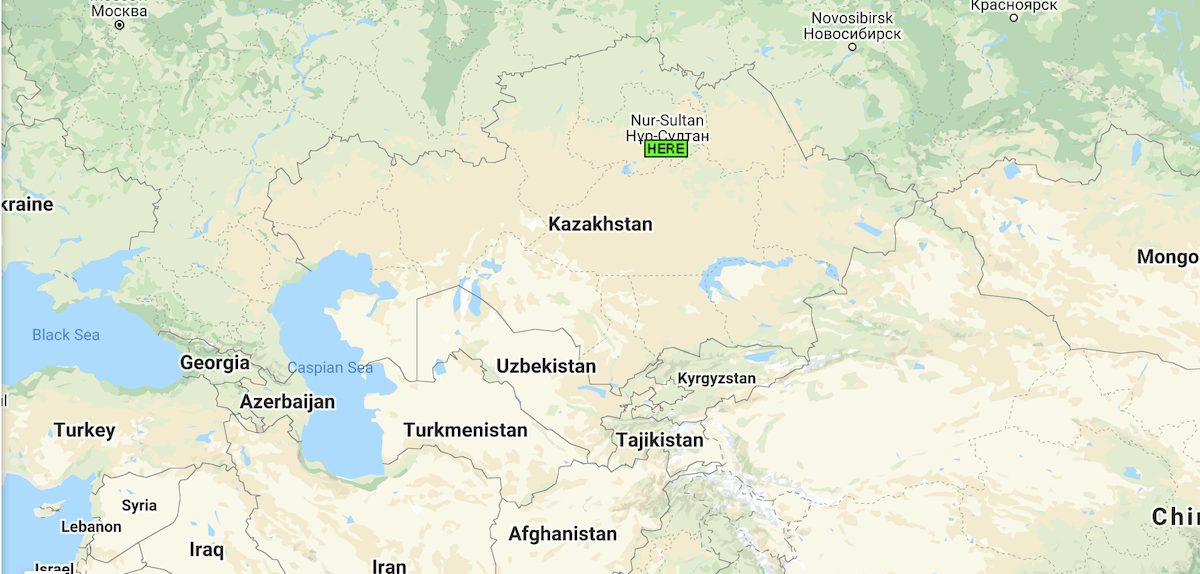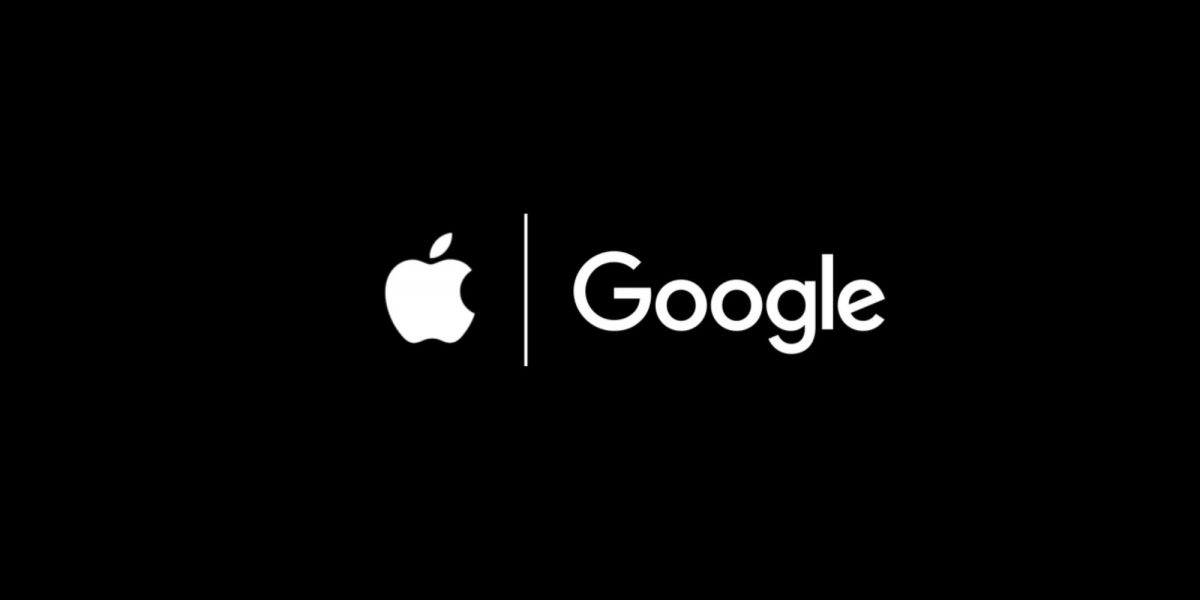Apple, Google, Mozilla and Mircosoft, the U.S Leading browsing companies, have teamed to ban Kazakhastan’s malicious HTTPS certificate. ZDNet reports that Kazakhstan’s government was using a root certification to intercept and decrypt HTTPS traffic to spy in the capital, the city of Nur-Sultan.
Kazakhstan is a Central Asian country, a former state of the Soviet Union. As per the United States Congressional Research Service, the country ranks 157 out of 180 in the 2020 World Press Freedom Index and the citizens of Kazakhstan face acute human rights issues like freedom of expression, religion, political participation, and more.

Apple and other major U.S browsers ban Kazakhastan malicious certificate
ZDNet reports that the government has designed a digital certificate and in December, it forced the local internet service providers were to block the city’s residents’ access to foreign sites until they installed the certificate. It was found that users had to install the HTTPS certificate access to Twitter, Google, Instagram, Netflix, YouTube and Facebook.
Now the ban prevents the Kazakh government from intercepting user data on Safari, Chrome, Mozilla, and Edge browsers. Users, with and without the certificate, will not be able to visit websites on the aforementioned browsers.
The government officials backed their decision to install the root certificate as a training exercise for agencies, telecom and private companies for cybersecurity. However, the report states that the justification does not make sense.
The government’s explanation did, however, make zero technical sense, as certificates can’t prevent mass cyber-attacks and are usually used only for encrypting and safeguarding traffic from third-party observers.

This is the second incident when the four leading browsers have banned a certificate for (MitM) attacks issued by the Kazakh government. The publisher lists that Apple, Google, Mozilla, and Microsoft “blocked a first one in August 2019, a certificate that was used to intercept traffic for various Russian and English-speaking social media sites.”
Unfortunately, advancement in technology is making it easier for countries to spy on its people and act like George Orwell’s Big Brother. Recently, regulators in China are seeking to ban or limit the use of Facial recognition technology for its intrusive nature. CGTN reports that,
Hangzhou, a tech hub in eastern China that is home to e-commerce giant Alibaba Group Holding Ltd, has published a draft plan to ban facial recognition technology in residential areas.
The draft comes after Guo Bing, an associate professor at Zhejiang Sci-Tech University, filed a lawsuit last year against a wildlife park in Hangzhou for requiring the collection of facial data without asking for permission from customers.
Guo, is the first person in China to sue a zoo due to facial recognition technology and as an expert in the personal information protection field, he later called for local legislation to ban the use of the technology to better protect people’s information security.
Apple is a strong advocate of users’ privacy and is currently fighting Facebook to defend the upcoming ATT (App Tracking Transparency) privacy feature on iOS 14 which will make it compulsory for developers to seek users’ permission before tracking their online activity across apps and websites on iPhone. Apple states that privacy is a fundamental human right that must not be violated on its devices.




2 comments